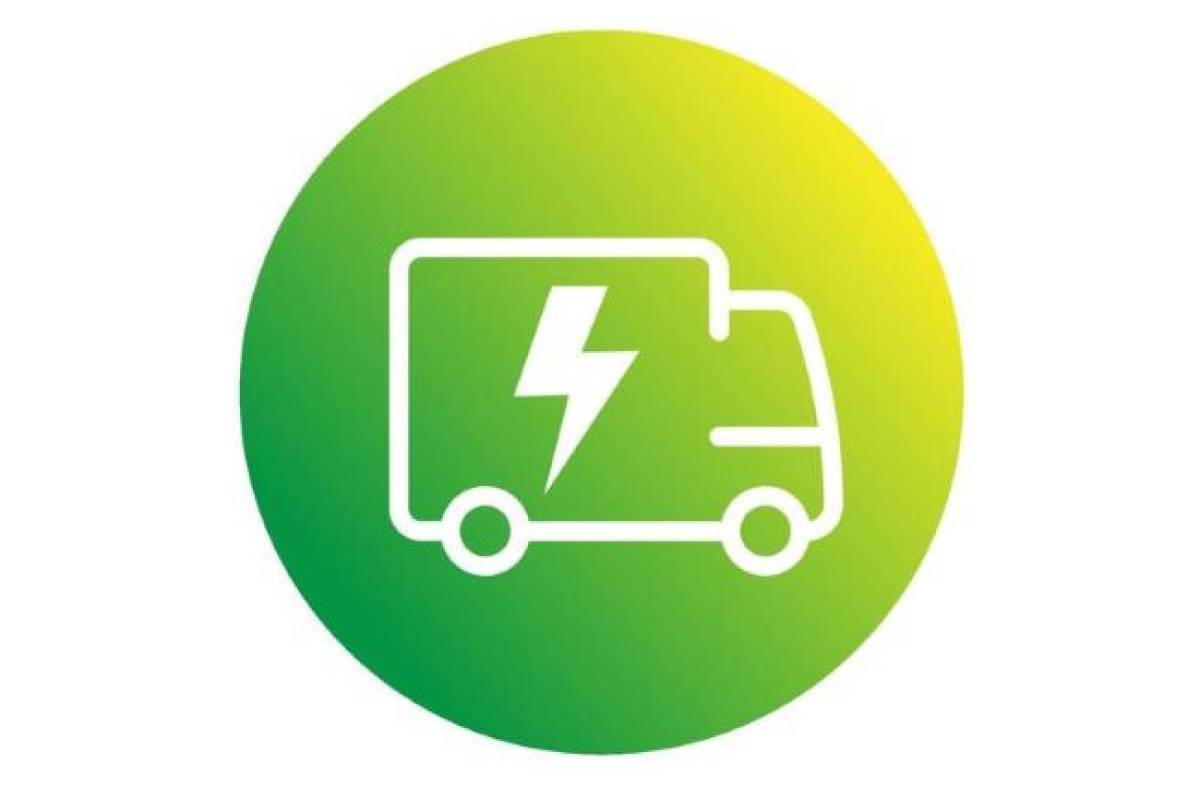The Future of Electric Light Commercial Vehicles in the UK: Progress Amidst Challenges

As the UK intensifies efforts to decarbonize its transport sector, electric light commercial vehicles (e-LCVs) are emerging as a crucial component in the nation’s journey toward net-zero emissions. Despite notable advancements, the transition faces both momentum and obstacles.
Market Growth and Leading Manufacturers
In 2024, the UK’s light commercial vehicle market experienced a 3% growth, reaching 351,834 registrations—the highest since 2021. However, electric vans maintained a steady 6.3% market share, indicating that widespread adoption remains a work in progres.
Stellantis, the parent company of Peugeot and Vauxhall, continues to dominate the UK e-LCV market. By October 2024, Stellantis brands had sold 5,877 electric vans, capturing a 41.83% market share . Peugeot’s E-Partner, produced at the UK’s first EV-only volume manufacturing plant in Ellesmere Port, has been particularly successful, boasting an electric range of up to 213 miles .
Government Initiatives and Infrastructure Development
To facilitate the shift to electric vehicles, the UK government extended the Plug-in Van Grant in February 2025, offering up to £5,000 for larger vans. This initiative is part of a broader £2.3 billion investment aimed at supporting the transition to zero-emission vehicles .
Infrastructure remains a critical factor. Aegis Energy, a UK-based start-up, has secured £100 million to develop green refuelling hubs for trucks and vans. The first five hubs are slated for completion by 2027, with plans for 30 operational sites by 2030 .
Challenges and Industry Response
Despite technological advancements, electric trucks account for only 1% of Scania’s sales, far from their 10% target for 2025. Supply chain issues and a lack of heavy-duty charging infrastructure contribute to this shortfall .
The Zero Emission Vehicle (ZEV) mandate requires 22% of manufacturers’ sales to be purely electric in 2024, increasing to 28% in 2025. While environmental groups advocate for these targets, some manufacturers express concerns about the financial implications and feasibility .
Looking Ahead
The UK’s commitment to phasing out new petrol and diesel vans by 2035 underscores the importance of accelerating e-LCV adoption. With continued government support, infrastructure development, and industry innovation, electric vans are poised to play a pivotal role in the UK’s sustainable transport future.

